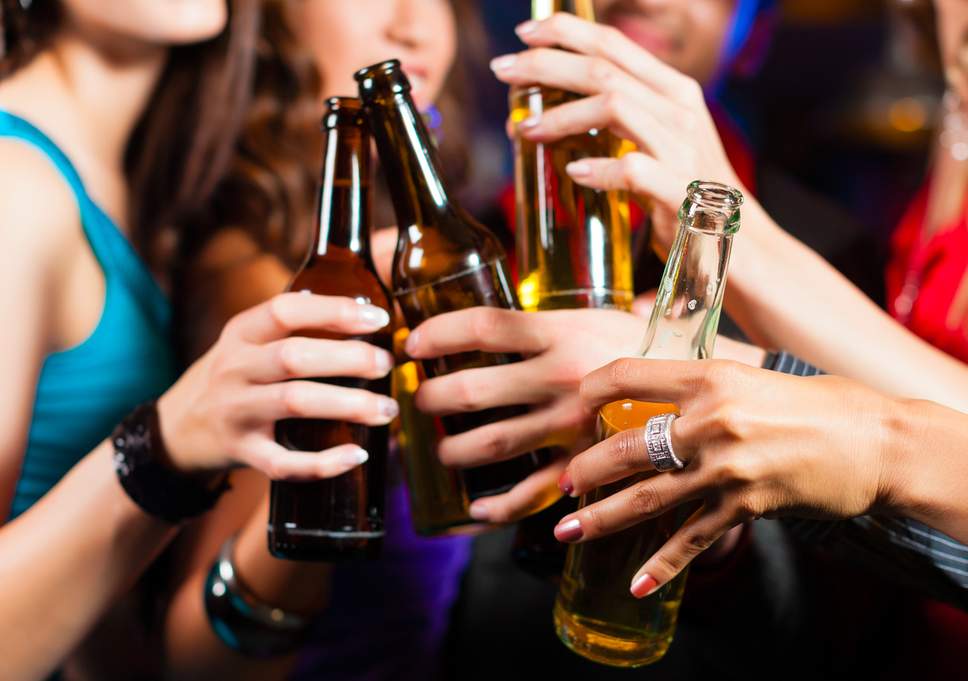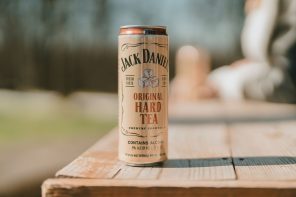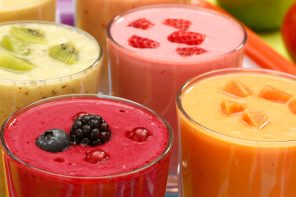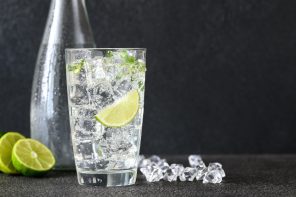By Jonny Forsyth, Mintel
Historically, beer has been a male-dominated industry with male brewers, distributors and drinkers. While we’re certainly seeing change in this regard, as society challenges gender inequality, the industry is still largely populated by men. The Brewers Association revealed in 2014 that one out of five of US breweries had a female founder, while just 2 percent employed a female brewmaster. This imbalance has created a culture where pockets of sexism still thrive, particularly in craft beer where operations are smaller and often lack the governance of larger corporations.
The most visible demonstrations of misogyny are representations of women in beer branding, with images of scantily clad pin-ups and risqué names still used by some brands. This represents a weakness for the industry in a world striving for and celebrating equality and should be consigned to history. As highlighted by Mintel Trend, ‘The Unfairer Sex,’ brands that make women feel comfortable in areas where they’ve traditionally been excluded will be rewarded in a world where gender equality is a priority.
While many brewers are responding individually to accusations of sexism and misogyny, the scale of the problem is also encouraging collective actions in craft beer. In the US, the Brewers Association has recently updated its marketing and advertising code to outlaw the use of “sexually explicit, lewd, or demeaning brand names, language, text and graphics.” The organisation will also refuse to award prizes to beers with offensive names at its annual Great American Beer Festival and biennial World Beer Cup.
Similar measures are being taken in the UK, where the Society of Independent Brewers is drawing up a new code of practice to outlaw sexist marketing. The Campaign for Real Ale has condemned sexist beer pumps and branding, and laid out plans to ban sexist beers at competitions and festivals. Specialist craft retailers like Ales By Mail are refusing to stock beers with sexist labelling, highlighting a growing distaste in the industry towards casual sexism, imagery and language that no longer reflects cultural values.
Updating beer branding to the values of the 21st century is a priority but forward-thinking brewers should go further. Male-dominated fields have an opportunity to develop initiatives aimed at empowering women and can take inspiration from other markets. Starbucks, for example, retails a coffee grown and processed entirely by women as it looks to empower the sector’s female workforce.
The theme of empowerment can also be incorporated into marketing campaigns to position brands as advocates of women’s rights and gender equality. Across markets, advertisements like Coors Light’s “Climb On” feature a more aspirational approach to representations of women, positioning them as strong and active, and avoiding many of the clichés of the past. Most women want to see strong-minded and successful women in advertising campaigns and beer brands that can connect these representations with their products are likely to be rewarded.
“The beer industry has room for improvement in representing and serving women, including, in some examples, updating branding to reflect contemporary values of respect and equality,” said Beth Bloom, Associate Director, Mintel US Food & Drink Reports. “Initiatives that focus on female empowerment can serve to narrow the gap left by years of neglect.”
Jonny Forsyth is Associate Director, Mintel Food & Drink, monitoring and engaging with the latest innovations and market developments in all alcohol and coffee categories.






